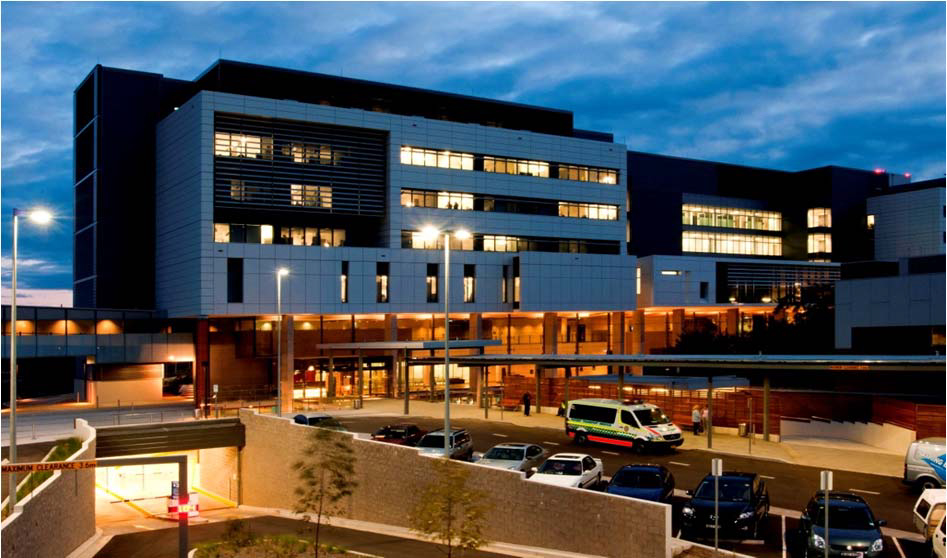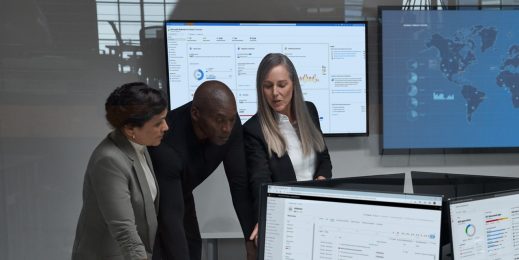
Liverpool Hospital partners with Microsoft to unlock the potential of generative AI in cardiology
Innovative partnership aims to help cardiologists enhance their medical knowledge and patient care
Microsoft has partnered with Liverpool Hospital, one of the largest tertiary referral and teaching hospitals in Sydney, to develop a generative Artificial Intelligence (AI) solution to assist cardiologists in surveying vast volumes of cardiology related literature and guidelines to aid decision-making in clinical practice.
Cardiologists are medical professionals who specialize in the diagnosis and treatment of cardiovascular conditions. They play a critical role in Australia’s healthcare system, as cardiovascular disease is responsible for causing one in four deaths across the nation. The ever-evolving field with its exponentially growing knowledge base presents a challenge for these specialists to keep abreast of the available evidence to practice cardiology.
To address this challenge, Liverpool Hospital and Microsoft conducted a thought experiment to explore the potential of using generative AI to create a prototype that allows a clinician to interact with an extensive body of literature from the field of cardiology.
‘The Cardiology Canon’, was built using Microsoft Azure OpenAI Service, and programmed on clinical trials from the past 40 years and guidelines from eminent cardiac societies in Australia, Europe and the United States.
The Microsoft Technology Centre team processed more than 500 individual documents and 80,000 pages to create a cognitive vector search index and made the solution accessible via a web application.
Dr Hao Tran, Cardiology Advanced Trainee at Liverpool Hospital said:
We worked with Microsoft technologists to create a bespoke prototype to allow cardiologists and anyone training in the field to query vast volumes of literature to answer clinical questions or make nuanced comparisons, traversing the significant body of literature.
“The solution also successfully generated a comprehensive six-day training program on aortic stenosis, a common clinical problem among patients and generated comprehensive learning resources in hours, rather than days.
“It was presented at the Liverpool Cardiology Academy academic seminar with Microsoft collaborators Viren Joseph, Leon Smith and Daniel Xu and was championed by senior Liverpool Hospital cardiologists Professor Craig Juergens and Dr Sidney Lo. It’s been a truly collaborative project that I believe will greatly benefit cardiologists and patients.”
Dr Simon Kos, Chief Medical Officer at Microsoft Australia and New Zealand said this unique collaboration demonstrates the invaluable contribution of hospital clinicians in the sphere of innovation, as relevant feedback iteratively helped refine the solution’s large language model to suit clinical need.
We’re excited to collaborate with Liverpool Hospital on this initiative and unlock the incredible potential of generative AI in healthcare. This innovative approach is empowering the hospital’s cardiologists to stay ahead in their field, ensuring the highest standard of patient care.
Professor Rohan Rajaratnam, Cardiovascular Stream Clinical Director at South Western Sydney Local Health District said the team is excited to continue this partnership.
“We’re looking forward to working with the clinicians and Microsoft to bring this technology to fruition,” Professor Rajaratnam said.
The announcement comes after a new report by Microsoft and the Tech Council of Australia that highlights significant economic and productivity opportunities of generative AI for Australia. It identifies healthcare as one of the four key economic sectors poised to benefit from the technology, demonstrating that it could contribute between $5 billion and $13 billion in value annually to the sector in Australia by 2030.
According to the report, generative AI can automate 25 per cent and augment 5 per cent of nursing tasks, allowing nurses to spend more one-on-one time with patients. It also estimates that 30 per cent of new drugs could be discovered using the technology by 2025.














